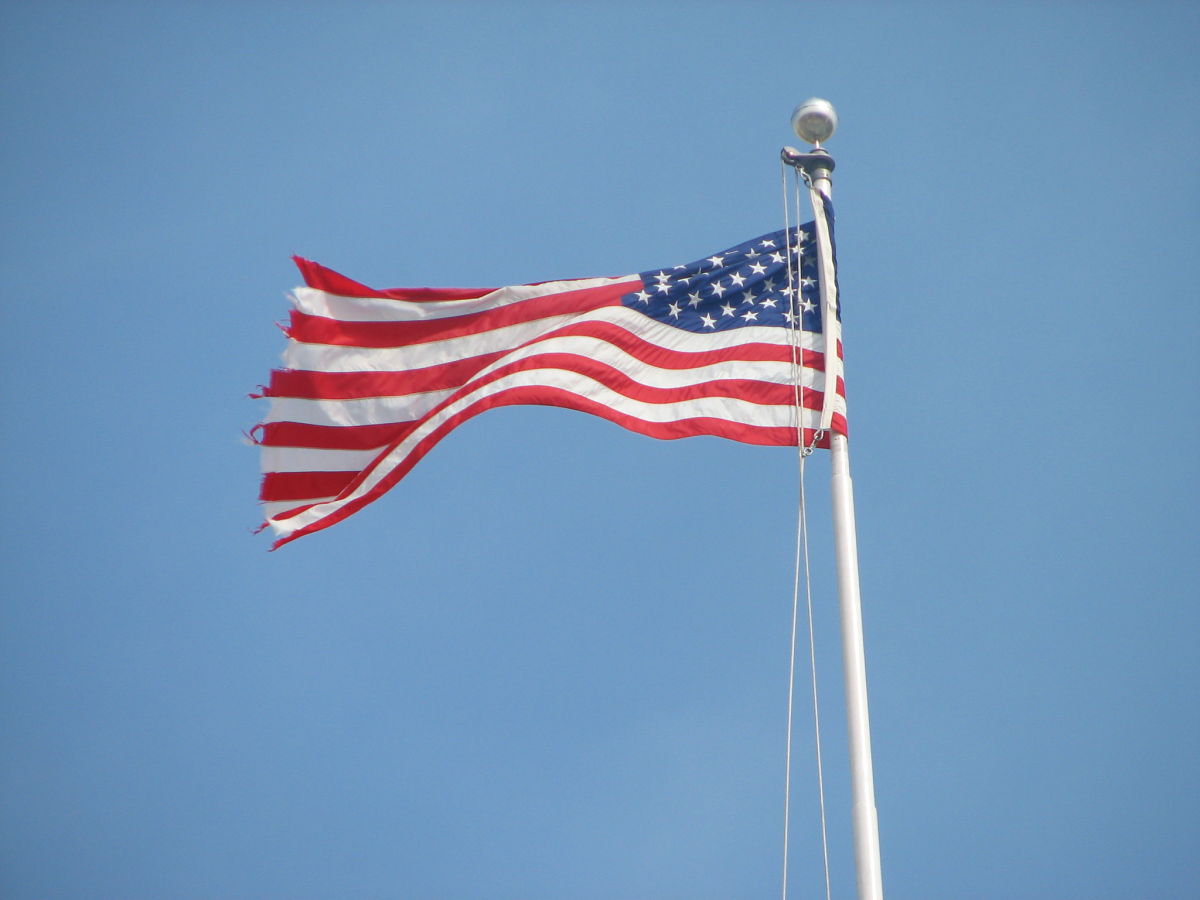Every second Monday in October, crowds gather for the annual celebration of Columbus Day in the US. While many states, such as Alaska and California, choose to reject this tradition in lieu of an Indigenous People’s Day, the continuing state endorsement for such a day is inherently problematic and should be rendered obsolete.
First celebrated as early as the 18th century, Columbus Day was officially adopted by the state of Colorado in 1907 and enshrined as a federal holiday in 1937. The extolling of Columbus was provoked not primarily through his colonial achievements but instead hinged upon his Italian heritage. His legacy was invoked, and still is today, by Italian-Americans seeking to celebrate their achievements in Northern America.
Lamentably, despite the ubiquity of his legacy, Christopher Columbus is – for myriad reasons – not a person with whom any member of enlightened modern society should seek to identify. While the notion of a ‘discovery’ of America is already problematic, as a Eurocentric anachronism, Columbus does not legitimately deserve recognition for this watershed moment. In fact, the European exploration of Americas dates almost 500 years earlier with the arrival of Leif Eriksson and the Vikings in Newfoundland.
Another indication of the fallacy of his legacy is illustrated in Columbus’ naming of the West Indies after his voyage to the Bahamas in 1492. The name derived from the fact that he thought, and continued to believe until his death, that he had reached eastern Asian and not the previously uncharted territory of the Americas.
However the recent hackneyed rhetoric depicting Columbus as a genocidal degenerate without whom the Colombian exchange would not have occurred should be assiduously discouraged. While the destructive consequences of European colonialism on the Americas is often overlooked, to ascribe the blame to one individual without consideration of their context reflects the popular custom of historical crudeness.
The American movement away from Columbus Day is promising, and the adoption by many states of holidays celebrating Native American culture provides a distinct alternative. Yet it is difficult to bury one’s head in the sand as to the tokenism of this gesture. The culture and traditions of Native American people should be celebrated- with their consent- regularly, with knowledge of their lives being a vital element of US school education. It seems that rather than outlining the historical persecution of Native Americans by colonists, South Dakota’s celebratory day merely pays lip service to attractive elements of the tradition, such as markets and pow-wows, and in doing so reasserts the cultural imperialism they seek to eliminate.
During last week’s Columbus Day, while a crowd of 40,000 gathered in New York City in celebration, the press in Detroit reported the vandalisation of a statue of the contentious figure, in the form of a graphically symbolic axe to the head and accompanying red paint. The mutual existence of such events signifies that Columbus Day will continue for the foreseeable future, even if merely to allay the inevitable Italian-American uproar. Nevertheless the recent advent of dialogue about Columbus should eventually end the perpetuation of his legacy.

